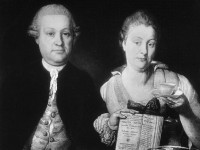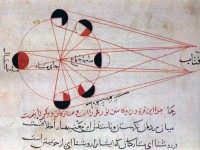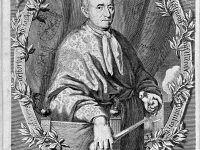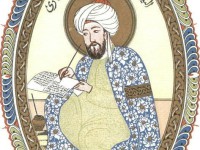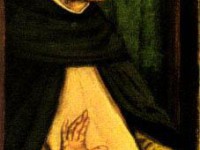Leopold Auenbrugger discovered Diagnosis by Percussion
On November 19, 1722, Austrian physician Leopold Auenbrugger was born. Auenbrugger invented percussion – the art of striking a surface part of the body with short, sharp taps to diagnose the condition of the parts beneath the sound – as a diagnostic technique. On the strength of this discovery, he is considered one of the founders of modern medicine. Auenbrugger invented the method of auscultating the patient‘s chest in 1754, while the…
Read more

